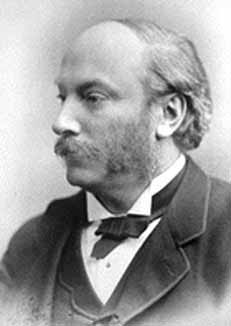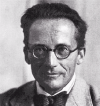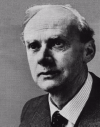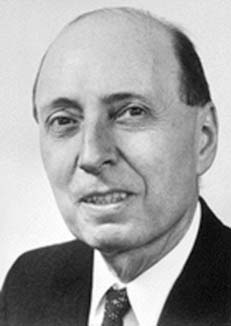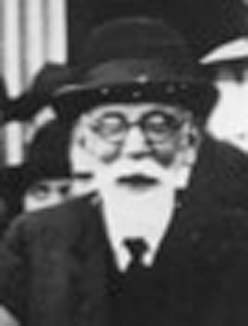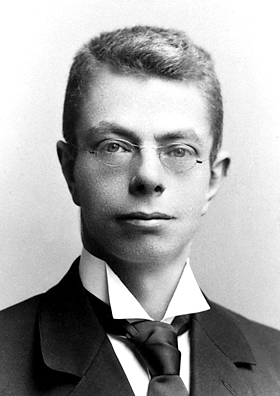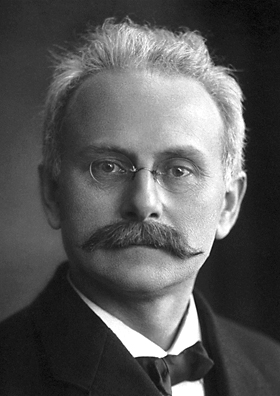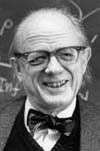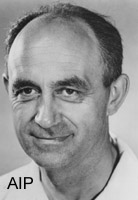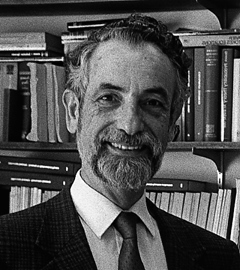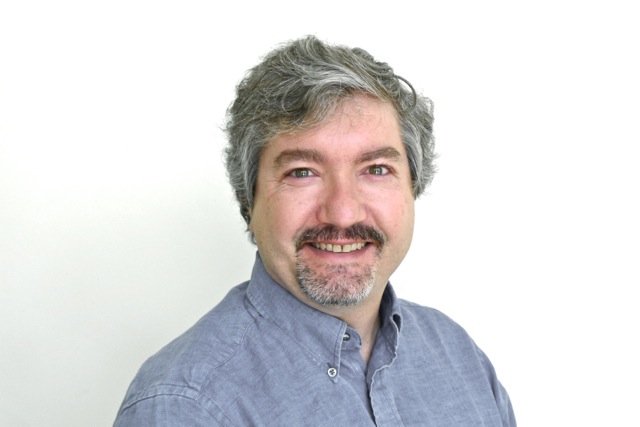
Office: 552 Reiss
Office Hours: Email me to set a time to meet.
Email: james.freericks@georgetown.edu
Telephone: (202) 687-6159
This course is an introduction to the more advanced ideas of quantum mechanics. Our learning goals are for you to become agile with performing quantum mechanics calculations at the level of a graduate student, and to provide you with the minimum set of tools needed for independent research. In addition, we intend to have you develop a better understanding of what quantum mechanics means and how one interprets experiments with quantum understanding. We will begin with a development of quantum mechanics from an operator-based persepctive (covering spin, harmonic oscillator, coherent and squeezed states), then we develop the Schroedinger factorization method and apply it to spherical harmonics and hydrogen in coordinate and momentum space. Then we review nondegenerate perturbation theory and develop degenerate perturbation theory. Next we talk about scattering with an application to alkali atoms and describe the phenomena of a Feshbach resonance. We then describe time-dependent phenomena in quantum mechanics, including time-ordered products, evolution operators, and perturbation theory. We also briefly describe Fermi's golden rule, the sudden approximation, and the creation of light from atomic hydrogen. Next we will describe the interaction of atoms with lasers, describe what a photon really is, and then discuss how LIGO works. Then we move onto fermionic problems, starting with the creation and annihilation operators and how they apply to simple models of interacting particle, followed by a thorough discussion of the Hubbard model, which illustrates many different correlated phenomena ranging from antiferromagnetism to ferromagnetism.
